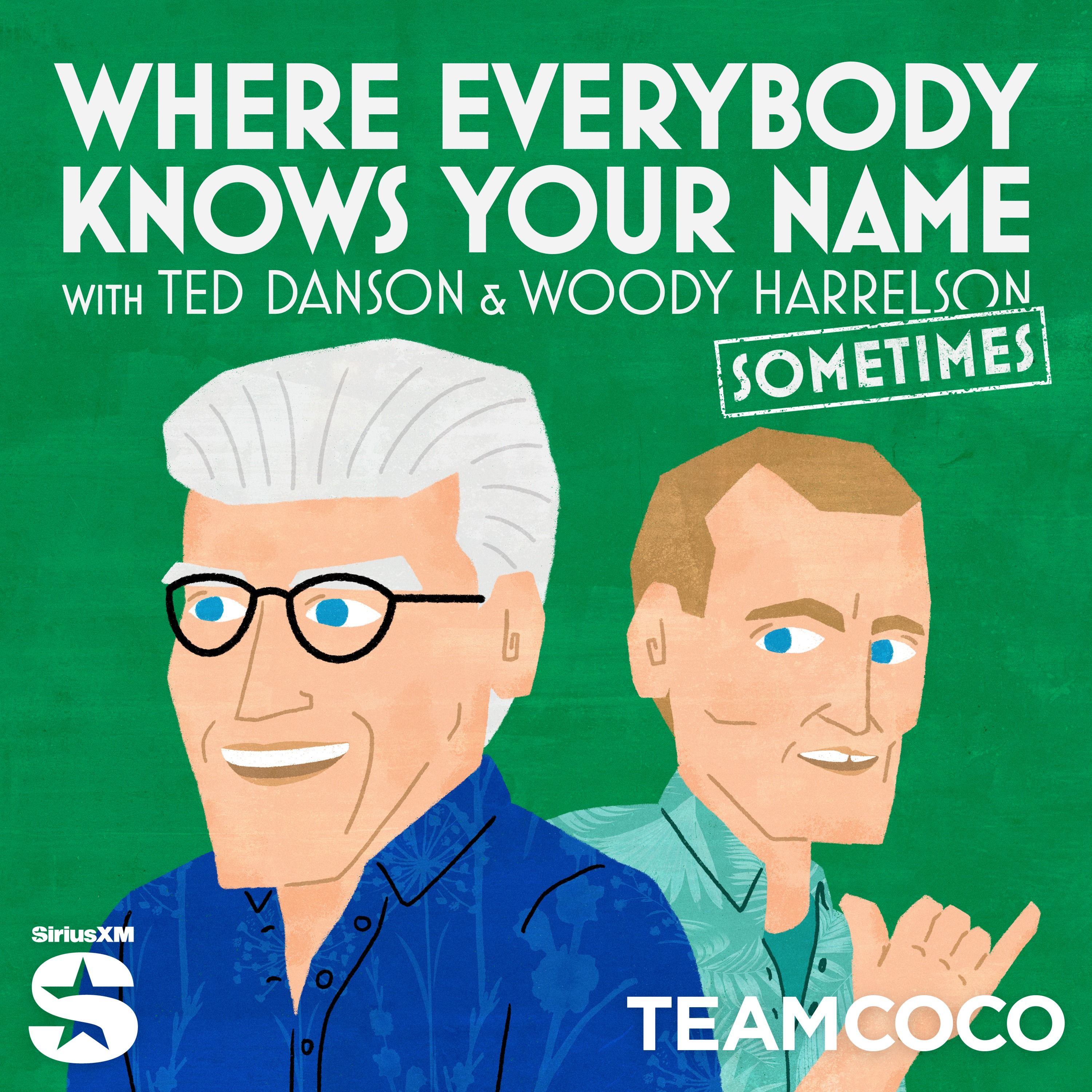Marc Maron
Ted Danson doesn’t mind getting a little dark with actor, comedian, and podcasting pioneer Marc Maron. Marc talks to Ted about the passing of his romantic partner, filmmaker Lynn Shelton and how he processed that loss on stage, including in his HBO special “From Bleak to Dark.” They also discuss why Marc would never run for office, losing loved ones, and Marc’s acting roles from “Maron” to films like “To Leslie.”
This conversation was recorded in 2023. To help those affected by the Southern California wildfires, make a donation to World Central Kitchen today.
Like watching your podcasts? Visit http://youtube.com/teamcoco to see full episodes.
This conversation was recorded in 2023. To help those affected by the Southern California wildfires, make a donation to World Central Kitchen today.
Like watching your podcasts? Visit http://youtube.com/teamcoco to see full episodes.
Press play and read along
Transcript
Transcript is processing—check back soon.
Where Everybody Knows Your Name with Ted Danson and Woody Harrelson (sometimes) — Marc Maron
